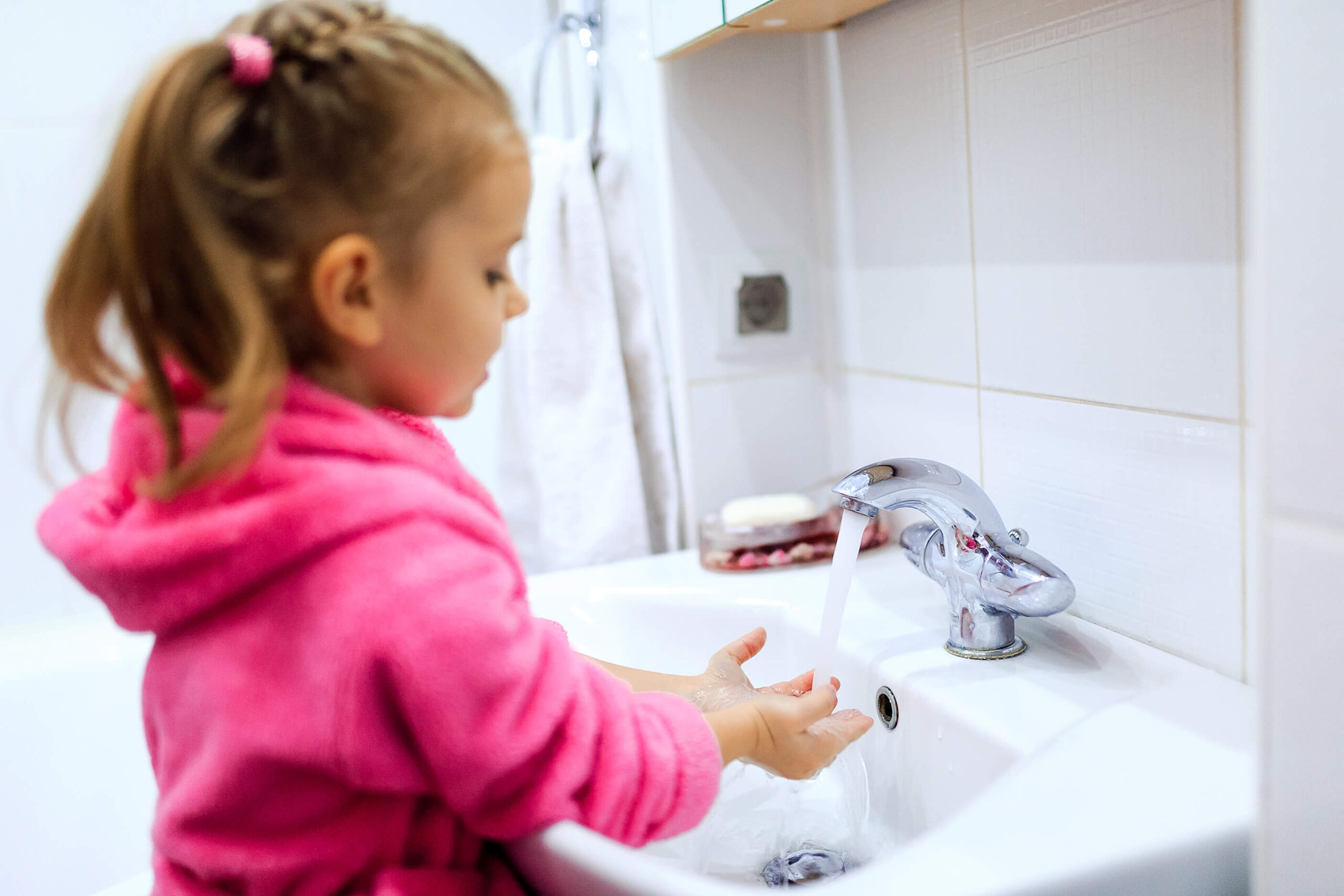Understanding Childhood Compulsions
What to do when your child can’t stop washing their hands, checking the light switch, or lining up their toys? As a parent, it’s natural to feel concerned when you see your child repeatedly engaging in compulsive behaviors.
This article offers a closer look at compulsions in childhood. We’ll explore what it means for a child to experience compulsions, discuss the potential reasons behind them, and provide practical strategies to help your child learn to manage anxiety and reduce compulsive behaviors.
What are Compulsions in Childhood?
Compulsions in childhood are repetitive behaviors that a child performs to relieve anxiety.
These behaviors can be anything from hand-washing and counting to ordering and checking. While it’s normal for children to have certain routines and habits, compulsions are different because they are driven by anxiety and fear.
Navigating the Challenges: Pitfalls and Pearls
Common Pitfalls for Parents
- Dismissing fears: Brushing off your child’s anxieties as irrational can worsen compulsions.
- Punishing behaviors: Compulsions are not misbehavior; punishment will likely increase anxiety and the need for the behavior.
- Ignoring the problem: Hoping compulsions will disappear on their own can delay necessary intervention.
Pearls of Wisdom for Parents
- Validate and reassure: Acknowledge your child’s fears and anxieties, providing comfort and support.
- Teach coping strategies: Help your child learn relaxation techniques and strategies to manage anxiety.
- Seek professional help: If compulsions significantly impact your child’s life, don’t hesitate to seek professional guidance.
Remember, you are not alone. Many parents face similar challenges with their children. With patience, understanding, and the right support, you can help your child overcome compulsions and live a fulfilling life.
If you’re concerned about your child’s behavior, consider consulting a mental health professional specializing in childhood anxiety and OCD. They can provide a proper assessment and recommend the most effective treatment plan for your child’s needs.
Recognizing the Signs: Symptoms of Compulsions in Children
It can be challenging to distinguish between typical childhood behaviors and compulsions. Here are some signs to look for in your child:
- Excessive hand-washing: Hands may be chapped, cracked, or bleeding due to frequent washing.
- Anxiety-driven behaviors: Extreme anxiety when things are not “just so.”
- Checking behaviors: Repetitive checking and counting of objects.
- Ritualistic behaviors: Performing repetitive rituals that serve no purpose.
- Fear of germs: An intense fear of germs that interferes with daily life.
- Clinging to worries: Difficulty letting go of worries when things are not perfect.
- Compulsive bathing: Excessively long showers or time spent getting ready.
- Uneasy demeanor: A generally unsettled and upset demeanor.
Exploring the Roots: Causes of Compulsive Behaviors
Understanding the underlying causes of compulsive behaviors can help you better support your child. Here are some possible factors:
- Rigid behavior: Rigidity often feels like stubbornness.
- Insistence on sameness: This can feel like worry and a need for predictability.
- Repetitive behavior: These behaviors feel like habits and are often related to enjoyment.
- Obsessive-compulsive disorder (OCD): Compulsions feel like obsessive rituals done to relieve anxiety.
Practical Strategies: Helping Your Child with Hand-Washing Compulsions
If your child is struggling with hand-washing compulsions, here are some practical strategies you can try at home:
- Validate concerns: Acknowledge and respect your child’s anxieties about germs.
- Teach anxiety recognition: Help your child identify the physical signs of anxiety.
- “Brain spam” analogy: Explain intrusive thoughts as unwanted “brain spam.”
- Normalize “spooky thoughts”: Reassure your child that everyone experiences intrusive thoughts.
- Anxiety-reducing strategies: Teach relaxation techniques like deep breathing.
- Goal setting: Work together to set realistic goals for reducing hand-washing frequency.
- Seek professional therapy: If the compulsion significantly impacts your child’s life, it is time to seek professional help.
A Final Word on Compulsions in Childhood
You have the power to nurture your child’s strengths and help them navigate challenges. By approaching compulsions with understanding, patience, and positive guidance, you equip your child with valuable skills for managing anxiety and reducing compulsive behaviors. It may require effort and consistency, but witnessing your child thrive will make it all worthwhile.
If you’re concerned about your child’s compulsions or their overall behavior, don’t hesitate to seek professional support. A child psychologist or therapist can provide guidance, assess your child’s needs, and recommend appropriate interventions.
References for compulsions in childhood
- Cook, Julia (2012). Wilma jean and the worry machine.
- Culbert, Timothy & Kajander, Rebecca (2007). Be the boss of your stress (Be the boss of your body®).
- Huebner, Dawn (2005). What to do when you worry too much: A kid’s guide to overcoming anxiety (What to do guides for kids).
- Huebner, Dawn. (2007). What to do when your brain gets stuck: A kid’s guide to overcoming OCD.
- Peters, Daniel B. (2013). From worrier to warrior: A guide to conquering your fears.
- Zelinger, Laurie & Zelinger, Jordan (2014). Please explain anxiety to me.




